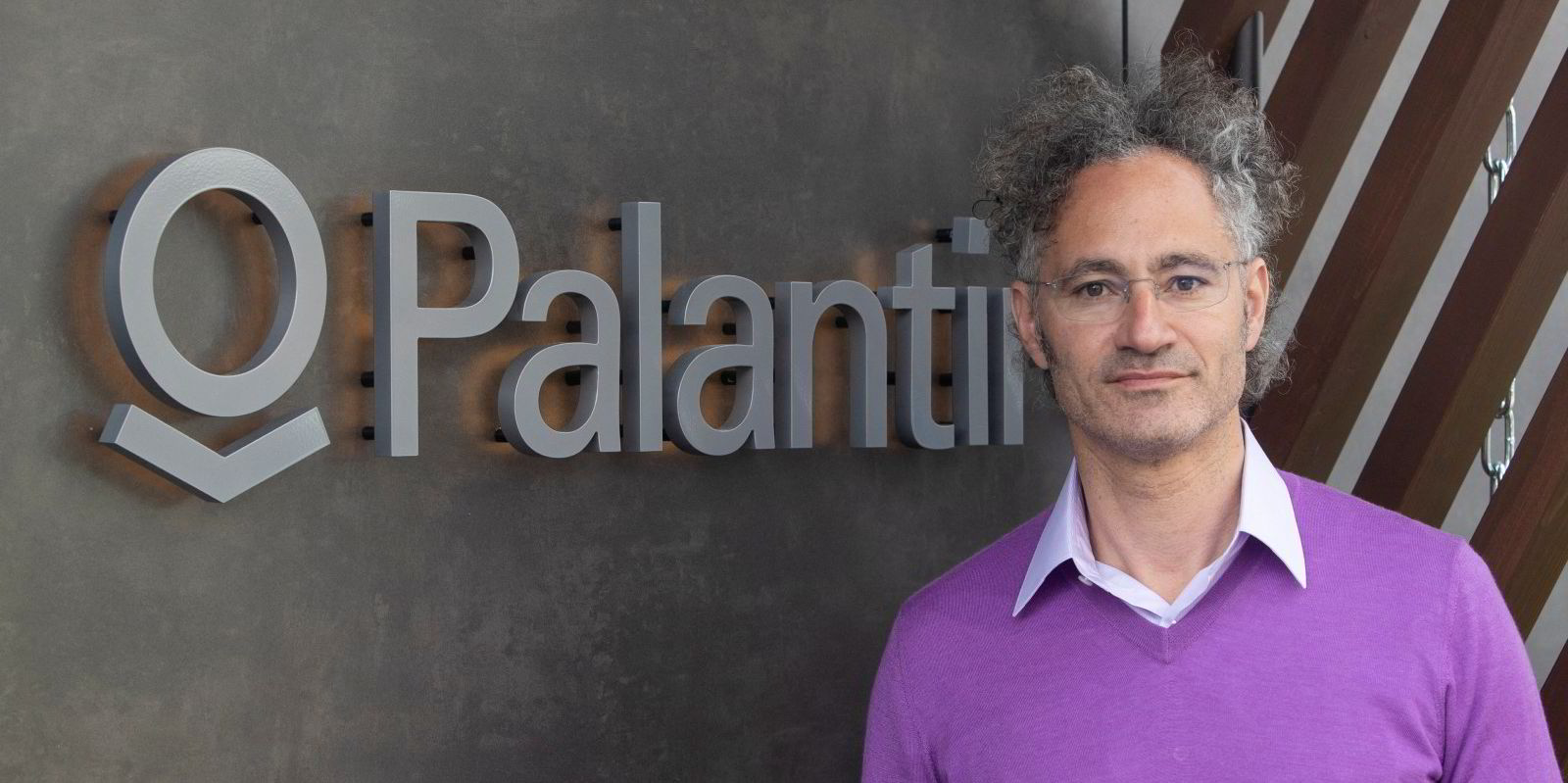Trading giant Trafigura has teamed up with US big-data analytics firm Palantir Technologies to develop a platform aimed at providing carbon emissions visibility across commodities supply chains.
The move represents an effort by major names in the trading and digital technology space to tackle Scope 3 emissions, companies’ indirect greenhouse gas footprint that includes the impact of shipping their commodities.
The pair said the new platform will enable calculation, reporting and collaboration on emissions, allowing players in the commodities and energy space to track lifecycle carbon intensity.
It will aim to increase the transparency of Scope 3 emissions from production to transportation of commodities.
“Our customers are increasingly asking us for visibility into the lifecycle emissions of the commodities we move as they prepare for regulated Scope 3 emissions reporting and more generally for net zero,” said Trafigura chief executive and executive chairman Jeremy Weir.
“The complexity involved in commodity supply chains requires robust cooperation across the industry and a technological solution that can enable meaningful decisions and change.”
The platform will be the first time that Palantir, a Denver-based data analytics company best known for its contracting with intelligence, military and other government agencies, works with a partner to bring a carbon product to market.
The firm has already been working with Singapore-headquartered Trafigura over the past year to build a pilot that built scenarios for commodities shipments across 10m carbon pathways.
Leveraging trading experience
The new platform will leverage Trafigura’s commodities experience to bring carbon emissions tracking into Palantir’s Foundry supply chain software. It will start with crude, refined oil products, concentrates and refined metals, with plans to expand it to other commodities sectors in the future.
Trafigura is already using the system, and it will be rolled out for third parties in September for oil and oil products, and in October for metals.

“The collective action required to address many of our most pressing global challenges requires more than resolve or a shift in political priorities,” said Alexander Karp, co-founder and chief executive of Palantir.
“It requires a shared understanding of the facts based on data. We have built software platforms that deliver that shared understanding by enabling institutions across entire industries and sectors to collaborate and model the world in which they operate.”




